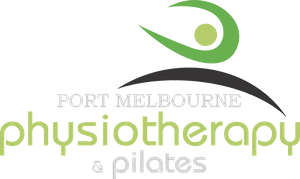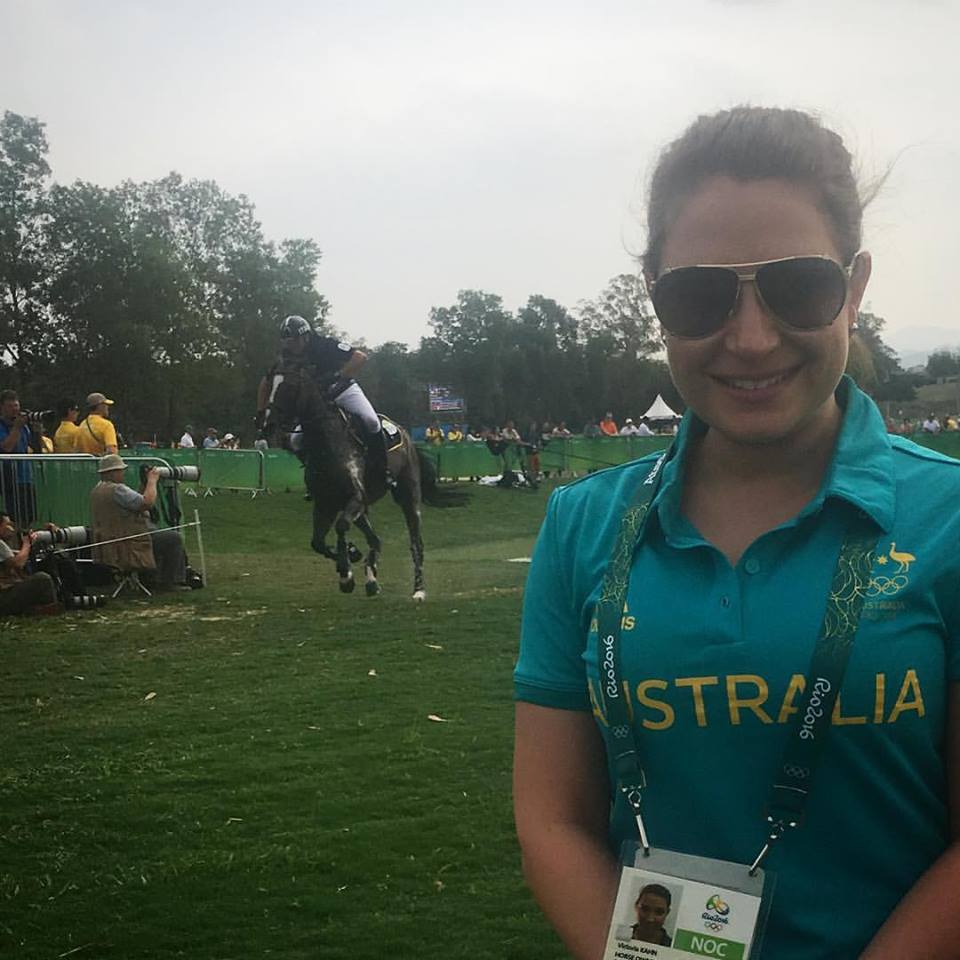One of our clients and good friends Victoria Kahn recently returned from the Rio Olympics/Paralympics and kindly answered some questions for us about her experiences working with the equestrian teams at the Games.
What was your role at Rio?
I was the Sports Science/Sports Medicine Manager and Physiotherapist with the Australian Equestrian Team for the Olympics and Paralympics.
How long had you been preparing for the Olympics/Paralympics prior to the games?
The preparation really started after we came home from the London Olympics and Paralympics. There are many logistical challenges which present at these campaigns, so we are always planning 2-4 years ahead (World Championships runs every 4 years too, in between Olympics/Paralympics). Each campaign is different, but we learn so much from each one. This greatly assists us with planning.
We started our athlete screenings and vaccinations for Rio in September 2015 and this process continued right up until June/July 2016 before we left. Officials also had to be screened and vaccinated during this time and we were working closely with the Australian Olympic Committee and Australian Paralympic Committee to ensure we had covered all bases.
What did your job involve in the lead-up to and during the games?
Before leaving Australia for Rio, I was involved in ensuring all athletes and officials had completed all medical, physio, vaccination and anti-doping requirements. We also reviewed athletes regularly in the lead up to ensure they were receiving the services they needed to be at their best for the Games. Our athletes were based in 6 countries prior to the games, so it involved a lot of coordination with practitioners both in Australia and overseas (and phone calls at all hours of the day and night!)
What’s involved with training camps for equestrian in the lead up to the games?
Equestrian involves two athletes – the human and the horse. The training camps involved training to ensure both athletes in the combination were ready to compete at the Games. We had vets at all of our camps to assess the horses as well as team staff to ensure all the final pieces of the puzzle were in place. We also did some team building activities to prepare ourselves for being in the team environment in Rio. As one of our coaches and I were involved in both the Olympics and Paralympics, we were able to prepare the Para-equestrian team based on our knowledge of the venue, which was a great advantage to us before we traveled to Rio again. And packing – lots of packing to get an equestrian team into Rio!!
What’s the most challenging aspect of working with elite athletes?
Hard question to answer! One of the challenges in working in Equestrian is the fact that we have athletes based all over the world. We need to have great rapport with both the athletes and their service providers for both ongoing care and to ensure the handover process prior to a major championship is as smooth as possible.
What was the most rewarding aspect of being part of the games?
Being part of the greater Australian team with all the other sports is an incredible experience. Seeing our athletes perform on the world stage is incredibly rewarding.
Tell us a bit about your role with ASADA
I coordinate the anti-doping (for the humans!) program at Equestrian Australia. This includes running our education program and ensuring our athletes have completed all the requirements set by ASADA.
You’re fortunate to have been to two Olympics/ Paralympics . What has been the highlight for you?
Both London and Rio were extraordinary and such different experiences. I still get goosebumps when I think about Joann Formosa winning Gold at the London Paralympics. Seeing our Eventing Team win Bronze at the Rio Olympics was a really special moment. To be able to go on the journey with such an amazing group of riders, horses and officials, and seeing their stories unfold is an honour. Being a part of the Australian Olympic and Paralympic Teams is really special.
Did you get to see/ experience much of Brazil’s sights/ culture?
On our final day in Rio we got to go to Christ the Redeemer and Copacobana Beach. Our competition schedule was quite busy, so there wasn’t too much time prior!
We thank Vic for her time in sharing her experiences!

